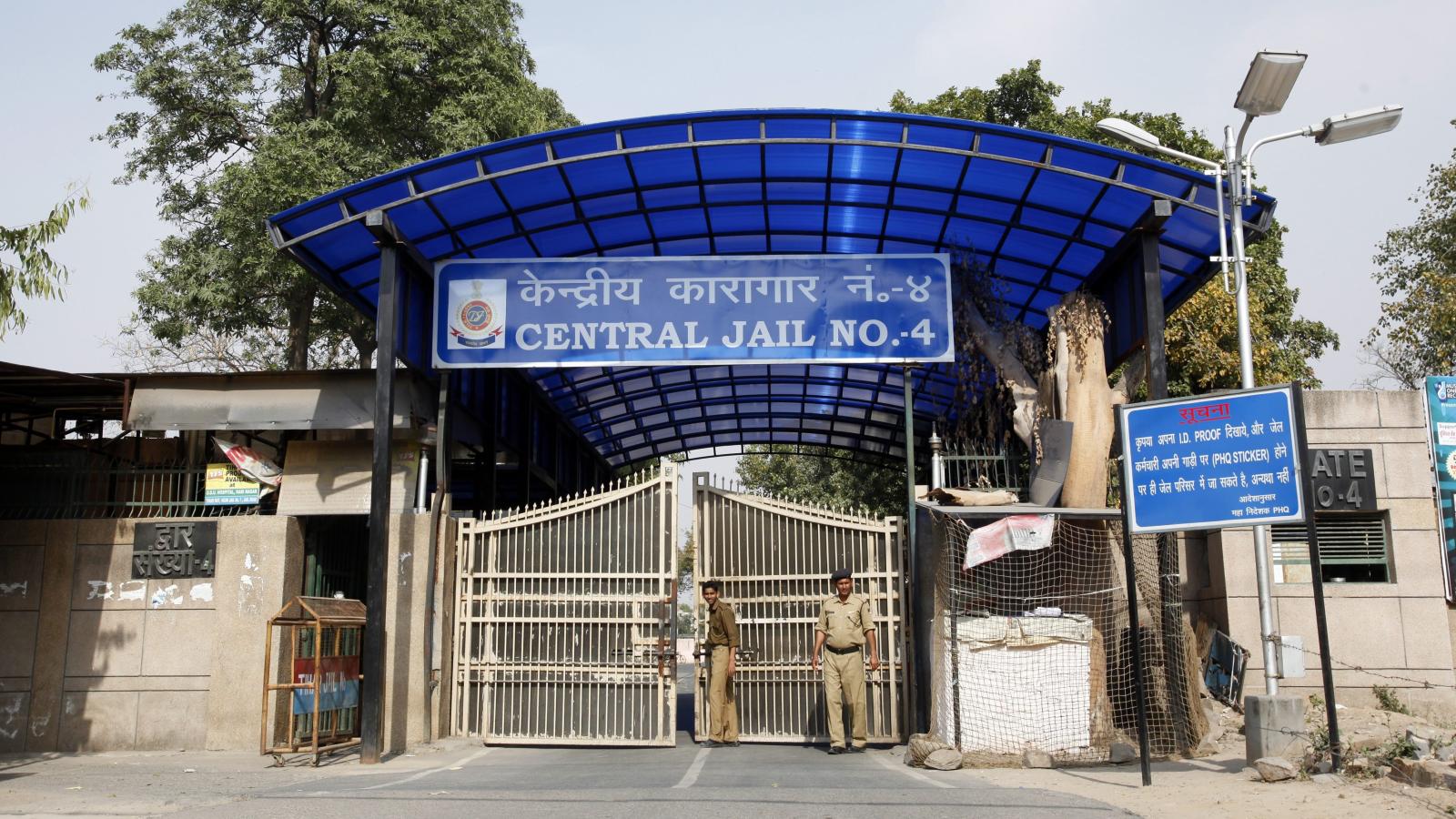
The Supreme Court has directed the states and Union Territories (UTs) to furnish details of prisoners who have been released on interim bail or parole in pursuance to the last month’s order, which was aimed at decongesting jails amid the COVID-19 pandemic.
A vacation bench of Justices L Nageswara Rao and Aniruddha Bose also asked the states to furnish information relating to number of deaths in jails due to COVID-19 infection.
A bench headed by Chief Justice N V Ramana on May 7 had taken note of the “unprecedented surge” in COVID-19 cases and ordered immediate release of prisoners who were granted bail or parole last year amid the pandemic to decongest the jails.
The apex court Tuesday clarified that the competent authorities including the remission boards shall continue to proceed with the release of those prisoners who are entitled for premature release under the provisions of the Code of Criminal Procedure (CrPC).
The top court was hearing an application seeking direction to the high-powered committee (HPC) and the state governments to also consider cases of remission or premature release of eligible prisoners to reduce overcrowding in jails.
The apex court, which had last year taken suo motu cognisance on contagion of COVID-19 in prisons, had in March 2020 directed all the states and UTs to constitute HPC to consider releasing on parole or interim bail prisoners and under trials for offences entailing up to seven-year jail term to decongest prisons in the wake of pandemic.
Advocate Shoeb Alam, appearing for applicant Sachin Yadav, argued that earlier orders passed by the apex court relate to release of prisoners on interim bail and parole.
The court had directed for release on parole and bail’ and therefore, it appears that all HPCs are only considering release on parole and bail but not the case for premature release. A further direction in this regard is required from this court, said the application, filed through advocate Talha Abdul Rahman.
During the hearing conducted through video-conferencing, senior advocate Dushyant Dave, who is assisting the court as an amicus curiae in the matter, said that states and UTs should be directed to file affidavit indicating the compliance of earlier order passed by the top court.
Dave said that authorities should also furnish details regarding death in prisons due to COVID-19 infection.
States and Union Territories are directed to file affidavits within four weeks giving details about the prisoners who have been released in pursuance to the order the bench said, adding, The state governments shall also provide information relating to number of deaths in prisons due to COVID.
The bench posted the matter for further hearing in July.
In its May 7 order, the apex court had observed that decongestion of prisons housing around 4 lakh inmates across the country is a matter concerning “health and right to life of” prisoners and police personnel.
It had said that all those who were allowed to go out on bail in March last year by the HPCs of the states and UTs be granted the same relief without any reconsideration to avoid delay.
“Further we direct that, those inmates who were granted parole, pursuant to our earlier orders, should be again granted parole for a period of 90 days in order to tide over the pandemic,” the bench had said.
The apex court had earlier directed states that the HPC shall consist of (i) Chairman of the State Legal Services Committee, (ii) the Principal Secretary (Home/Prison) by whatever designation is known as, (ii) Director General of Prison(s), to determine which class of prisoners can be released on parole or an interim bail for such period as may be thought appropriate.
On March 16, 2020, the top court had taken suo motu cognisance of the matter and said it is difficult for jail inmates to maintain social distancing to prevent the spread of coronavirus.
(Only the headline and picture of this report may have been reworked by the Indian Law Watch staff; the rest of the content is auto-generated from a syndicated feed.)





